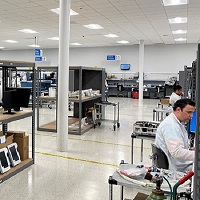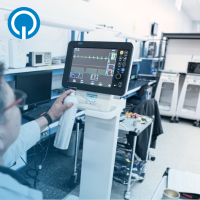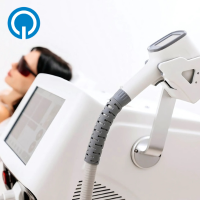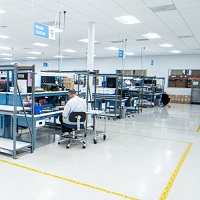
How Partnering with Quest Can Impact Your NPS Score
NPS stands for a Net Promoter Score, the standard metric used to measure customer experience programs. It takes into account various factors such as customer loyalty and overall satisfaction. Essentially, it's a widely used metric across the globe to gauge customer experience.
Developed in 2003, the NPS test surveys customers by asking them a singular question: "How likely is it that you would recommend [Organization / Product / Service] to a friend or colleague." The participants then rate their experience ranging from 0 to 10. The higher the score, the better the experience and vice versa.
How Do You Calculate Your NPS Score?
Before calculating your NPS score, you first need to organize the responses into three categories:
To find your business' NPS score, subtract the percentage of Detractors from the percentage of Promoters.
For example, if your company sends 100 customers an NPS test and 5% reply as detractors, 25% reply as passives, and 70% reply as promoters, you would calculate the score as 70-5= 65. Keep in mind that your NPS score can range from -100 to 100, depending on the responses.
What is Considered a Good NPS Score?
NPS score rankings break down into four categories.
Quest’s Customer Care Solutions include:
Why does an NPS score matter?
At Quest, we received an NPS score of 70 from our customers and their end users because we proactively took action on our customer feedback. We maintain this high score by listening to our clients' needs. Their feedback helps us understand where we thrive as service providers and what areas we have an opportunity to improve.
A low NPS score is not the end all or be all for your business; it can provide an opportunity to reflect on areas of improvement. Negative scores are an opportunity to learn and increase your client relationships and improve your internal processes.
Even with an excellent NPS score, customer satisfaction should remain a point of focus. Consistently navigating your NPS score is an opportunity to gauge how to improve your customer's overall experience with your company. In doing so, you establish yourself as a trusted source and make your clients feel valued.
How do we Help OEMs achieve excellent NPS scores?
At Quest, our results speak for themselves. With an NPS score of 70, we understand how to maintain an excellent white-glove service experience consistently. We aim to use this feedback to our advantage.
As an OEM service partner, our high NPS score translates over to our customers' business. If our team can service, repair, and respond to requests quickly and efficiently, we can equip our customers to achieve a high NPS score.
At Quest, we aim to enable our OEM partners to focus on their products' research & design, manufacturing, and innovation. They work with us to provide excellent product service after its launch. We help contribute to a higher NPS score for our OEMs in delivering exceptional service.
For example, if an OEM sells equipment to a hospital and asks them to answer the NPS survey, the hospital will rate the OEM through a global lens reflecting on:
The hospital will not likely submit a score solely based on the product's design, manufacture, or efficiency. While you can create the best product initially, your NPS score may suffer if no one is there to service it, repair it, or respond to calls.
We shoulder the responsibility for OEMs by providing resources for our clients to use our:
The lifesaving equipment our clients provide their customers must constantly be running. Therefore, we proactively monitor programs and ensure if equipment experiences a glitch, we have the capabilities to quickly activate our team of experts to solve the problem.
Want to know more about how we actively support our clients? Read our customer success stories here.
MAR-891 REV 1.0













